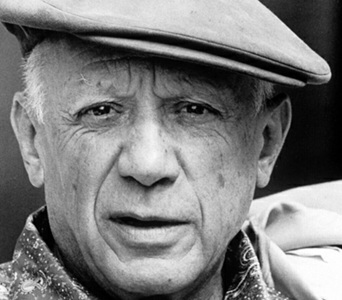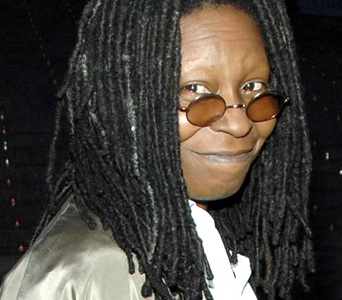2 Succeeding with dyslexia
Did you know that there is evidence that suggests Albert Einstein (one of the most influencial scientists of all time) was dyslexic? He was a late talker, and failed at history and geography in school, excelling in maths and science, and used to love music. He said ‘...I was, on the whole, considerably discouraged by my school experience... I had the greatest difficulty in making myself understood.’ It seems that he was also a visual thinker.
Dyslexia is still stigmatised and the misconception around dyslexia can still evoke words such as ‘stupid’, ‘unteachable’ or ‘disadvantage’. Let’s look at some other prominent people who have dyslexia and consider the use of such words.
Activity 3 Notable individuals with dyslexia
Match the following well-known people to their successes.
Using the following two lists, match each numbered item with the correct letter.
-
Inventor of the telephone
-
Co-founder of the Virgin Group
-
Inventor of the first practical light bulb and the phonograph
-
Founder of a major automobile manufacturing company
-
Winner of all four major performing arts awards in the USA (Emmy, Grammy, Oscar and Tony Awards)
-
Nobel Prize-winning biologist
-
Co-founder of Apple
-
Award-nominated English actress
-
Spanish painter, sculptor, printmaker
-
Prime Minister of Norway (2013-2021)
-
Love Island alumni
Match each of the previous list items with an item from the following list:
a.

Keira Knightley
b.

Pablo Picasso
c.

Carol W. Greider
d.

Steve Jobs
e.

Richard Branson
f.

Georgia Steel
g.

Erna Solberg
h.

Whoopi Goldberg
i.

Henry Ford
j.

Alexander Graham Bell
k.

Thomas Edison
- 1 = j,
- 2 = e,
- 3 = k,
- 4 = i,
- 5 = h,
- 6 = c,
- 7 = d,
- 8 = a,
- 9 = b,
- 10 = g,
- 11 = f
By no means could these talented people be labelled as ‘stupid’. It’s important for us to change this way of thinking, and understand what dyslexia really is: a different way of thinking. It is neither a disability nor a disadvantage. The reality is that dyslexia is an advantage which sadly becomes a disadvantage in the current educational system, which does not accommodate diverse learning styles.
